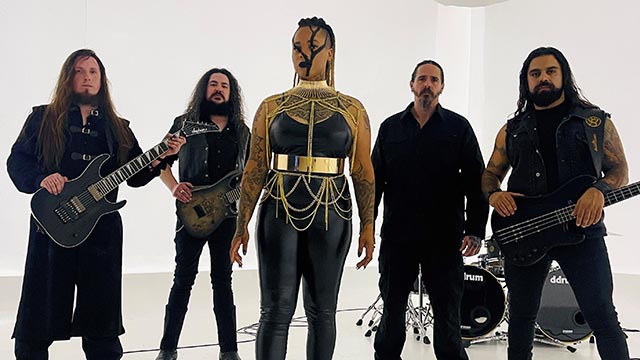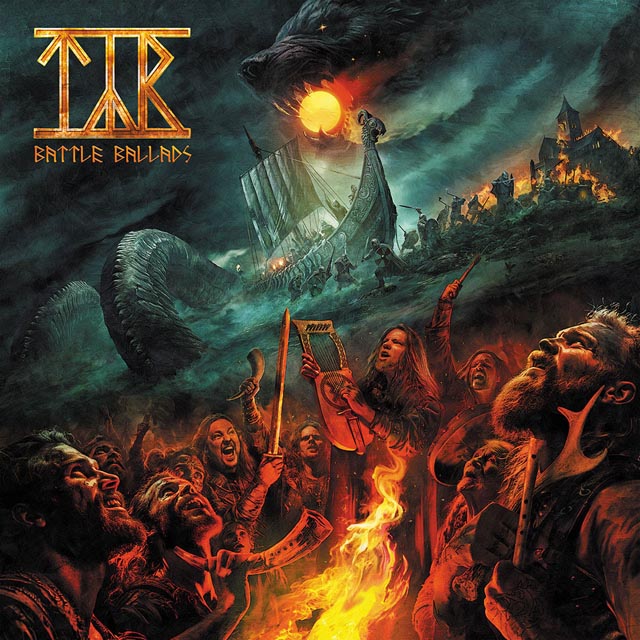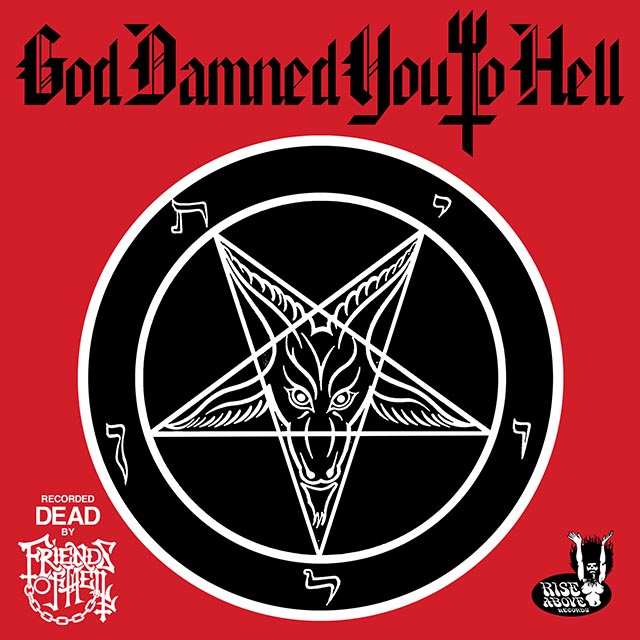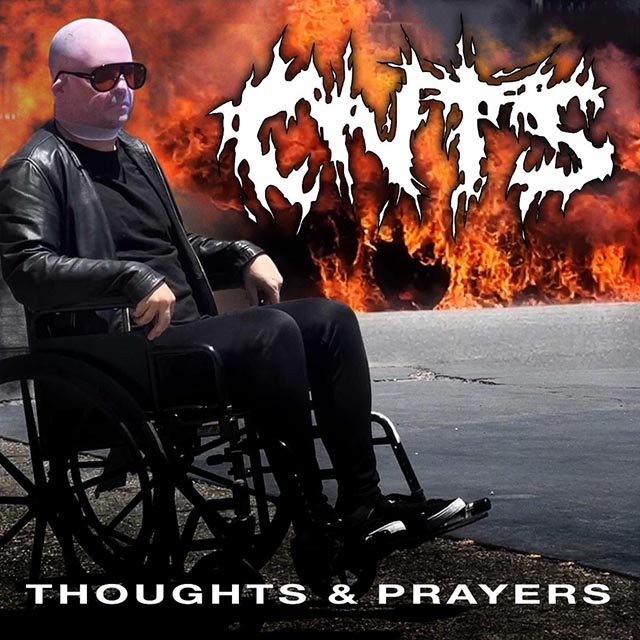 The first-ever P2P case against an individual is heading back to court. The RIAA announced last week that the case of Capitol v. Thomas-Rasset would go before the court again for a third trial after defendant Jammie Thomas-Rasset rejected a $25,000 settlement in January.
The first-ever P2P case against an individual is heading back to court. The RIAA announced last week that the case of Capitol v. Thomas-Rasset would go before the court again for a third trial after defendant Jammie Thomas-Rasset rejected a $25,000 settlement in January.
That first trial, in 2007, found Thomas-Rasset liable for copyright infringement with a $222,000 fine. A retrial was then granted after a mix-up with jury intructions. At the second trial, in 2009, Thomas-Rasset was again found liable, but with a more shocking $1.92 million fine. In January, federal judge Michael Davis decided that this was “monstrous” in its disproportionality and adjusted the damages to $54,000. The RIAA could either accept this decision or request a third trial.
The RIAA then sent a letter to Thomas-Rasset’s lawyers with an alternate offer. Thomas-Rasset could settle for $25,000, with all of it donated to a charity benefiting musicians. The entire settlement would be conditioned on the judge vacating the $54,000 order.
“We have done everything within our power to resolve this case on fair terms,” Cara Duckworth, VP of communications for the RIAA, said in a blog post on RIAA.com. “The defendant is someone who knowingly distributed hundreds upon hundreds of unauthorized songs without any regard for those who created them, likely bent on the brazen assumption that she’d never get caught. During both trials she lied about her actions while under oath.”
Thomas-Rasset called the latest comments from the RIAA, “the same vitriol they’ve been spewing about pirates destroying their business. Now we get to go back to court where the statutory damages have to bear some semblance to the actual damages and they are scared of that.”
Duckworth added in her blog post that “American taxpayers should not have to bankroll a publicity campaign that the defendant and her counsel apparently seek. But if another trial is what is needed to close the book on this case once and for all, then we are left with no choice but to reject the Court’s remittitur and proceed to a new trial on damages.”
Fun fact: one of the alleged infringements is a Morbid Angel song, and the defendant claimed to not even know Swedish Death Metal is a genre.
[via Ars Technica]






